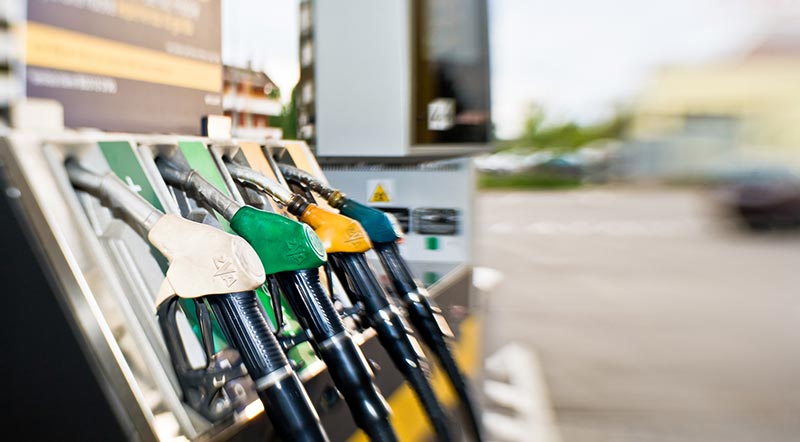04
October 2018
What does the fuel duty freeze mean for you?
Prime minister Theresa May announced that from April 2019 fuel duty will be frozen for a ninth year in a row, saying that her conservative government is “on the side of hard working families”.
With the announcement of the Britain’s national Budget only three weeks away, this represents a significant tax cut.
Yesterday at the conservative conference, Mrs May said that the freeze will put “money in the pockets of hard-working people from a Conservative government that is on their side”.
Mrs May said that hard working families “are the people for whom this party must deliver” also adding that a car is “not a luxury” for many people.
The freeze is being called a tax cut because the Treasury sets out its budget on the assumption that fuel duty will rise proportionally with inflation each year. Since this will not happen if the freeze is implemented, the government will need to generate money from somewhere else to make up for lost revenue.
Chancellor Philip Hammond said that while the policy will save drivers money, it will cost the Treasury £38 billion if implemented for three years. Mr Hammond also told the Commons that since the first freeze in 2011, the Treasury has lost £46 billion in lost revenue.
The Chancellor said that extending the freeze over the next three years will cost “"twice as much as we spend on all NHS nurses and doctors each year".
The freeze comes as a surprise given that Mr Hammond recently stated that he needed enough “fiscal firepower” to support Britain’s economy in the event of a difficult exit from the EU.
However, public finances are improving, spending is lower but tax receipts are higher than predicted, which will help finance the freeze.
Fuel duty, a tax on fuel, is currently 57.95p per litre of petrol, diesel, biodiesel and bioethanol; and 20% VAT is also charged on most fuel.
By the end of the year, fuel duty is estimated to raise £28.2 billion for the government.
AA president Edmund King has commented on the freeze saying it will bring relief to millions of divers and businesses in the UK.
"The high pump prices are already forcing many families to cut back on journeys, household expenditure or both," he said.
The Green Party has voiced criticism of the freeze, saying that an increase in fuel duty could allow more spending on public transport, walking and cycling.
The national average for petrol prices is currently 130.6p per litre and 134.5p for diesel.
In the last 12 months, average prices for petrol and diesel have increased by 11.5p and 14p a litre.
The RAC Foundation claim that taxation makes up 61% of the price for petrol and 60% for diesel.
After confirming the fuel duty freeze, Mrs May said that being able to have a “little bit of money left to put away at the end of the month” cannot be “measured in pounds and pence”.
"It's the joy and precious memories that a week's holiday with the family brings," she will say.
"It's the peace of mind that comes with having some savings."





